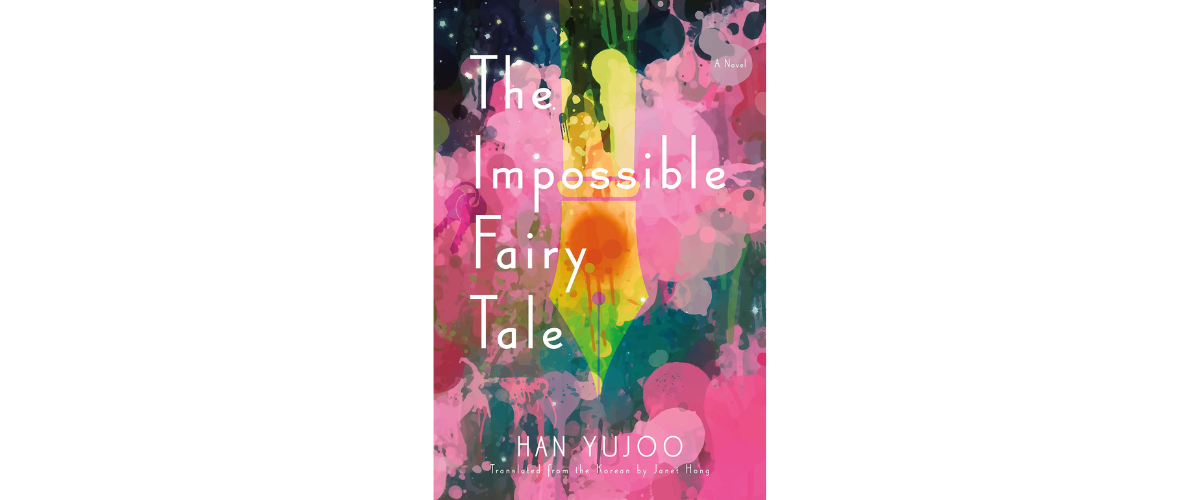The Impossible Fairy Tale by Han Yujoo is a gloomy and surreal book that deals with issues of violence, power, and the delusion of control. Two girls—Mia, a wealthy and privileged student at an elite school, and the “Child,” a young girl who is abused and ignored by her parents—are the focus of this South Korean drama set in the present day.
The ability of The Impossible Fairy Tale to instill a feeling of unease and anxiety in the reader is what makes it so captivating. The book is infused with a sense of foreboding and mystery thanks to Yujoo’s precise and atmospheric writing, which leaves readers wondering what will happen next. Diary notes, fairy tales, and third-person narration are just a few examples of the novel’s non-linear structure. As a result, the reader is left to piece together the shards of the tale, adding to the overall feeling of confusion and disorientation.
The two protagonists, Mia and the Child, are multifaceted and completely developed individuals with their own problems and aspirations. Mia is a privileged and self-absorbed young girl who is originally portrayed as the protagonist of the story, but as the story progresses, her true nature is revealed. The Child, on the other hand, is a severely abused and traumatized young girl who is subjected to unfathomable atrocities at the hands of her parents. Yujoo examines the themes of power and control, as well as the ways in which our actions can have unintended repercussions, through these two characters.
The book is also rich in striking and evocative imagery, such as descriptions of the natural world, dreams, and fairy tales. Even though the story explores the abstract and spiritual aspects of the human mind, these pictures help to ground it in a tangible reality.
The Impossible Fairy Tale is fundamentally a book about the fallacy of control and the unintended repercussions of our actions. Yujoo’s writing is both haunting and gorgeous, capturing the complexity of the human experience with unwavering honesty and raw emotion. She challenges readers to face the shadowy sides of the human psyche and the ways in which we all struggle to make meaning of our lives through her examination of violence, power, and the illusions of control.
In conclusion, The Impossible Fairy Tale is a gloomy and dreamlike book that readers will remember long after they have put it down. Yujoo’s writing is precise and atmospheric, offering a deep and nuanced study of the human psyche and the complexities of power and control. Strongly suggested for readers interested in exploring themes of violence, trauma, and the power of perception to mold our lives.
